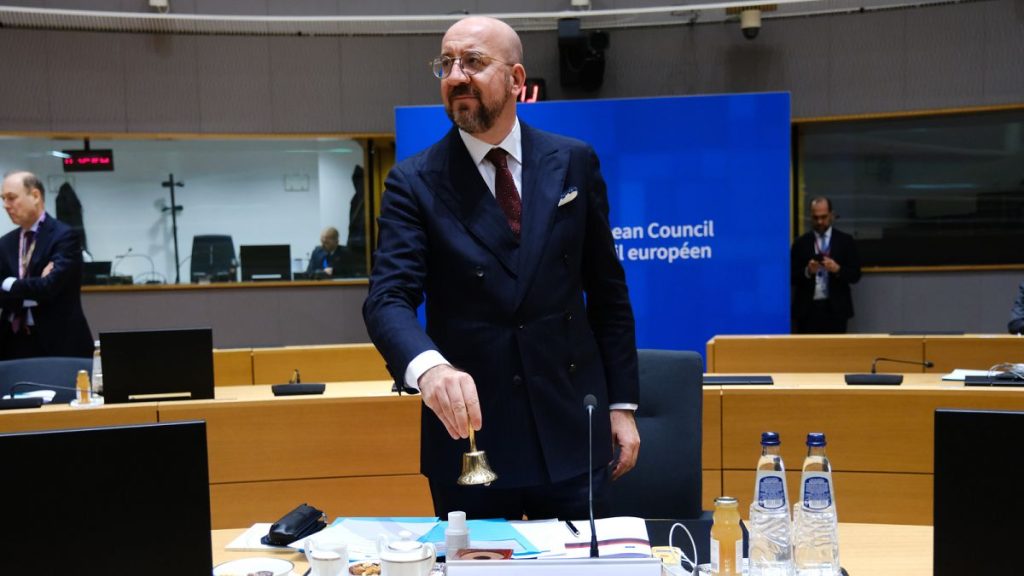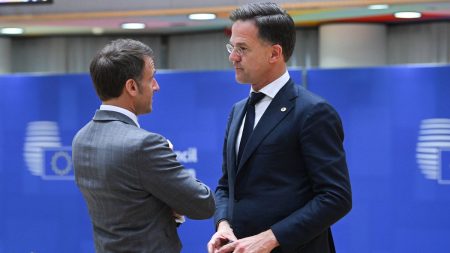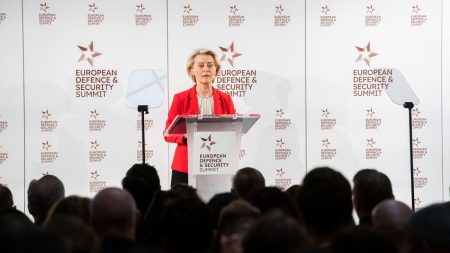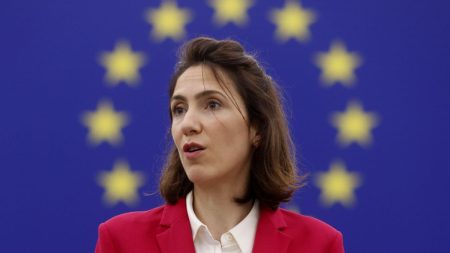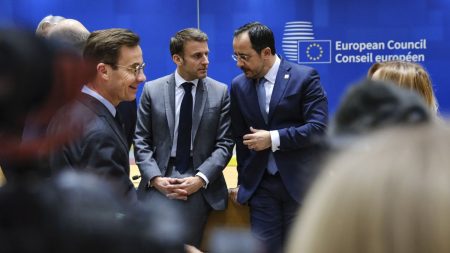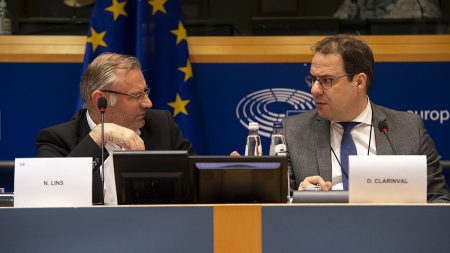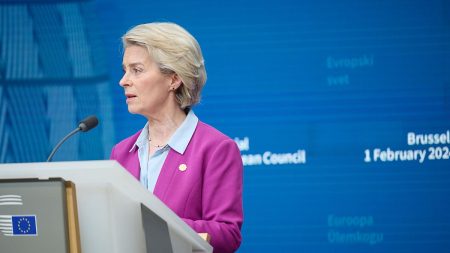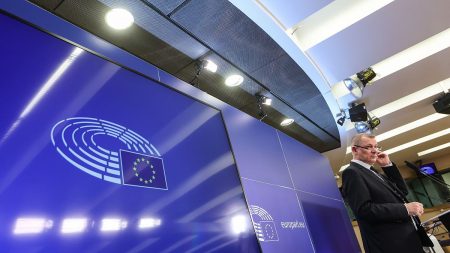EU leaders have expressed support for further engagement with Lebanon to help protect the country from the ongoing crisis in the Middle East. Charles Michel, the European Council President, emphasized the importance of working with Lebanon to address issues such as the presence of Syrian refugees, economic instability, and the potential for further escalations in tensions in the region. The country is also facing challenges due to the presence of the Iranian-backed group Hezbollah, which has been involved in conflicts with Israel. The fragile government and the large number of refugees in Lebanon could potentially lead to a surge in migration towards Europe, as seen with the recent surge of Syrian refugees attempting to reach Cyprus.
The EU leaders discussed the situation in Lebanon during a summit in Brussels, acknowledging the need for cooperation to prevent further instability in the region. Cyprus recently announced a suspension of asylum applications due to the increased arrivals of Syrian refugees transiting through Lebanon, highlighting the urgency of the situation. Cypriot President Nikos Christodoulides announced plans to visit Lebanon with Commission President von der Leyen to address various issues, including migration. He also proposed reassessing the “safe areas” within Syria to facilitate the return of migrants and refugees, although it is unclear whether other EU leaders have supported this suggestion.
Italian Prime Minister Giorgia Meloni also called for an assessment of the situation in Lebanon, indicating a growing interest among EU leaders to address the challenges facing the country. Since taking office in 2022, Meloni has been actively involved in efforts to strengthen the EU’s external dimension of migration by establishing partnerships with third countries to enhance border controls and combat human trafficking. The EU’s deal with Tunisia, for example, has faced criticism for overlooking human rights abuses and the authoritarian nature of the Tunisian government. However, Michel emphasized the importance of engaging with Lebanon on various issues beyond just migration, indicating a broader approach to addressing the country’s challenges.
The presence of Syrian refugees and Palestinian refugees in Lebanon, coupled with the activities of Hezbollah and the broader regional tensions, pose significant risks to the country’s stability. The EU leaders recognized the vulnerability of Lebanon to the instability in the region and committed to supporting the country through enhanced engagement. Michel stressed the need to work with Lebanon on issues such as migration while acknowledging the complexity of the situation. The summit’s conclusions reflected the EU’s readiness to collaborate with partners to prevent further escalation of tensions in the region, underscoring the importance of a coordinated approach to safeguarding Lebanon from the repercussions of the crisis in the Middle East.
The discussions on Lebanon at the EU summit highlighted the complex challenges facing the country and the broader region, including the economic crisis, fragile government, and the potential for conflict escalation. The increasing flow of refugees and the activities of militant groups like Hezbollah add to Lebanon’s vulnerability, necessitating a comprehensive approach to address these issues. The EU’s commitment to deeper engagement with Lebanon underscores a recognition of the country’s strategic importance in the context of the broader Middle East crisis. By supporting Lebanon and working towards greater stability in the region, the EU aims to mitigate the risks of conflict escalation and safeguard against the potential surge of migrants and refugees towards Europe.
In conclusion, the EU leaders’ discussions on Lebanon reflect a shared commitment to support the country and prevent further instability in the region. The proposed visit to Lebanon by Cypriot President Christodoulides and Commission President von der Leyen, as well as the calls for reassessment of migration policies, indicate a willingness to address the challenges facing Lebanon through coordinated efforts. The EU’s focus on engaging with Lebanon beyond just migration highlights the multifaceted nature of the issues at hand and the need for a comprehensive approach to ensure the country’s stability and security. By working with Lebanon and other partners in the region, the EU aims to promote peace and resilience in the face of the ongoing crisis in the Middle East.





